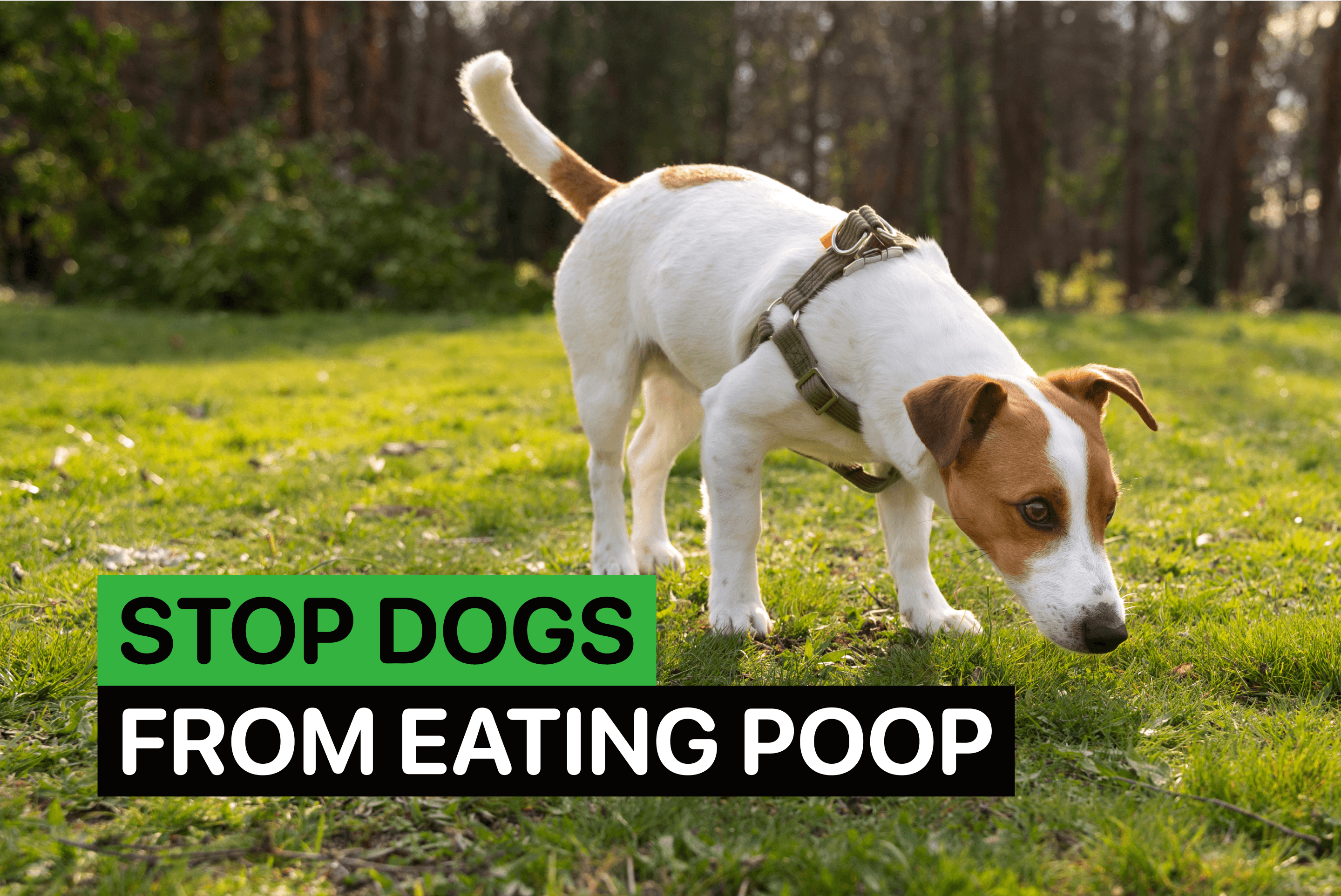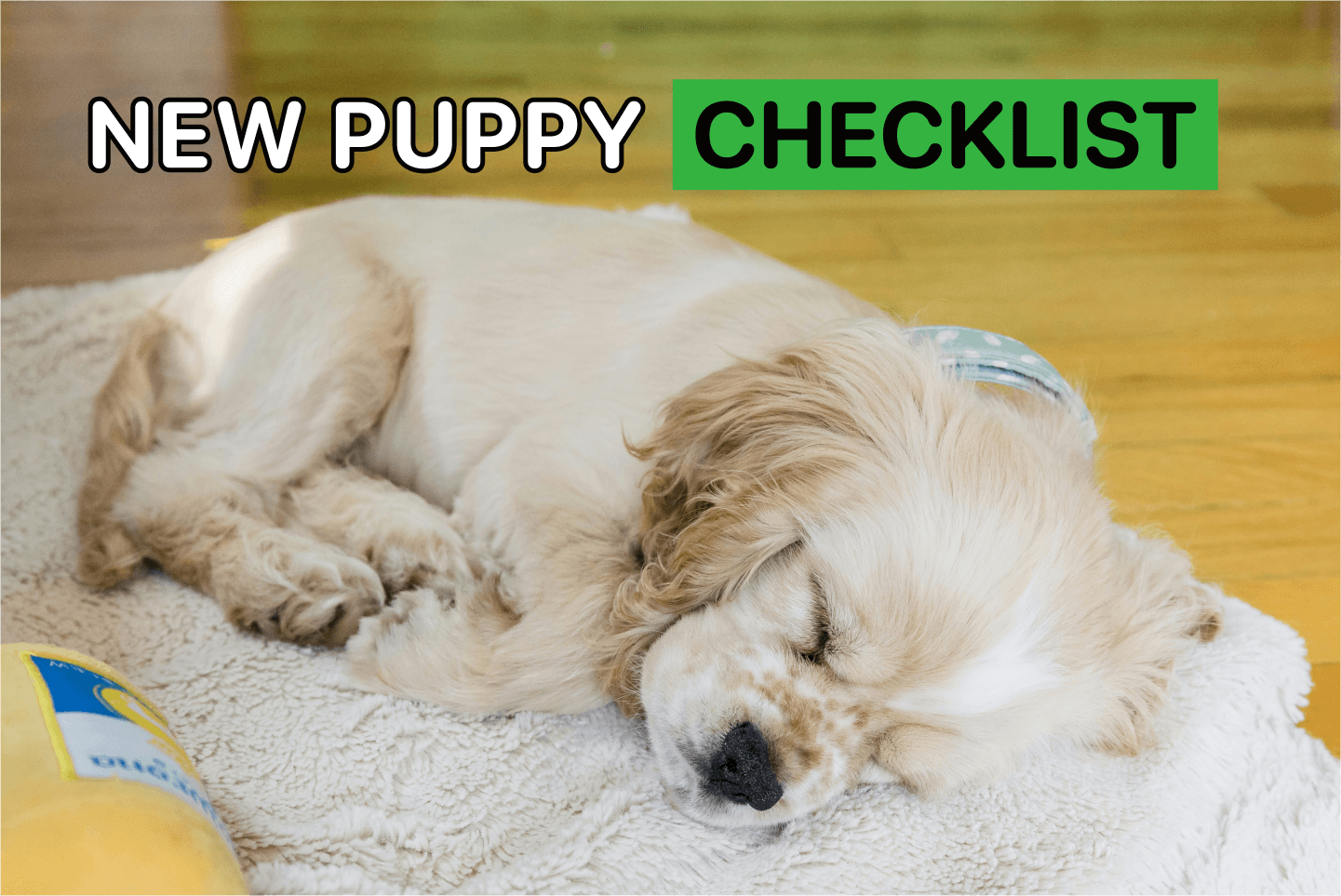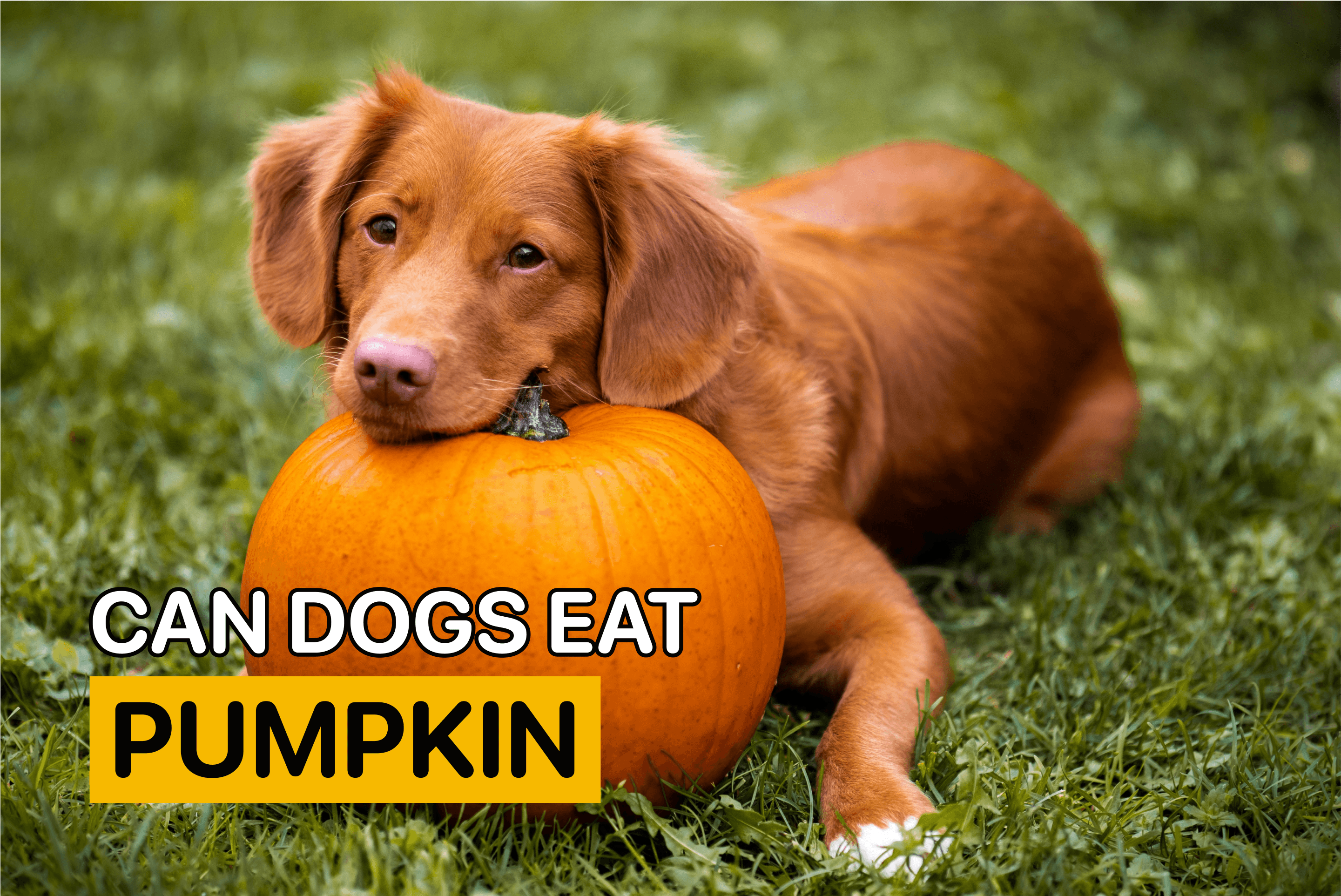What Does It Mean When a Dog Eats Poop? Common Reasons Explained

By
Woofz Team Updated on |Reviewed by Shannon Kenny
Key Takeaways
-
Eating their own poop is normal for dogs at certain stages of their life, but a persistent habit of eating feces in adult canines requires professional attention.
-
A dog might eat poop as a learned behavior to attract their owner's attention or because of a background of growing up in a confined space.
-
If your dog suddenly resorts to coprophagia, consult a veterinarian to rule out any underlying health issues.
Dogs may exhibit a range of unusual behaviors that their owners don’t understand. One of these is eating fecal matter, also called coprophagia. It’s not only kind of gross, but you also might think it’s dangerous. Why do dogs eat poop? When should you worry about the habit? Keep reading to learn more.
Is It Normal for Dogs to Eat Poop?
The answer to the question of whether it’s okay for your dog to eat feces depends on several factors. Many animals eat feces to get specific nutrients needed to balance their diets. Canines are also prone to such eating habits at certain stages of their life.

Mother dogs lick their puppies to keep them clean after they toilet. Young pups might also eat their fresh poop or another animal’s poop, such as any left by horses or cats. When it comes to adults, poop eating remains relatively common, with around one in six adult dogs doing so.
Although eating stool is a natural behavior, it shouldn’t be encouraged. Eating the stool of other animals can lead to an invasion of intestinal parasites and the consumption of toxic substances. In addition, feces don’t have any nutritional significance for an adult dog.
Why Do Dogs Eat Their Own Poop? Top 7 Reasons
Typically, dog owners see a decline in poop-eating habits in their puppies around the age of 6–9 months. If stool-eating habits persist, you may suspect either a medical or a psychological issue causing the behavior. Let’s review the most common reasons why a dog eats poop.
1. Survival instincts
Consuming feces is, to a degree, an instinctive behavior.

Dogs can eat their own stool to keep their den clean and replenish nutrients, especially during times of food scarcity. While eating the poop of other animals, they can find the leftovers of food that wasn’t digested properly, so it can still bring nutritional value to a dog.
2. Boredom and lack of stimulation
There is scientific evidence suggesting that dogs confined to small places with little to no interaction with other pets or people are more likely to resort to eating poop.

It happens due to the lack of proper mental exercise. That’s why such behavior is common in dogs rescued from crowded animal shelters, where they spend most of their time alone.
Note: this can also happen to well-loved pet dogs if their physical and mental exercise needs aren’t being met.
3. Anxiety and stress
Anxiety is another possible reason for coprophagia. As we’ve discussed above, it can be related to the general anxiety of being confined in a small space. However, some dogs develop the habit of consuming their own feces due to incorrect potty training strategies.
So, if an owner resorts to punishing dogs for accidents at home, the pet may try to hide it. One way to do this is to eat the poop before the owner sees it. The result is often opposite, though, and the dog may get punished for eating their feces. It forms a pattern of undesirable behavior stemming from fear and anxiety.
4. Attention-seeking
When an owner catches their pet consuming feces, it’s something that can rarely go unnoticed.

Although the reaction is primarily adverse, such as yelling and trying to distract a dog, your pet may perceive it as a fun interaction and a way to draw your attention. Don’t lose your cool when you catch your dog red-handed.
5. Habit
Though most dogs outgrow the habit of eating poop, some may struggle with it in adulthood. Such compulsive stool-eating can be a result of improper upbringing, when a puppy doesn’t get enough human interaction and stimulation. Many puppies raised in puppy mills use coprophagia as a form of play, and over time it can become a learned behavior that persists even when the dog's environment changes.
6. Curiosity
Curiosity as a reason for coprophagia is more common if your puppy eats poop.

One of the ways canines explore the world is by using their sense of smell and taste. Feces have a peculiar smell and texture that can draw your pup to try it.
7. Medical and dietary reasons
Sometimes, a dog’s obsession with tasting poop can be a sign of an underlying medical condition. Common diseases that can lead to a sudden inclination towards coprophagia include diabetes, parasitic invasion, digestive system issues, or nutritional imbalances. If the behavior appears suddenly, is obsessive, and accompanied by other symptoms of an illness, contact your veterinarian as soon as possible.
Wrap Up
Eating poop, or coprophagia, can be normal for puppies and mother dogs, but it shouldn’t persist in adults. The habit often stems from boredom, anxiety, attention-seeking, or learned behavior, though medical issues can also be a cause. If your dog suddenly starts eating feces or the behavior becomes frequent, consult your vet.


